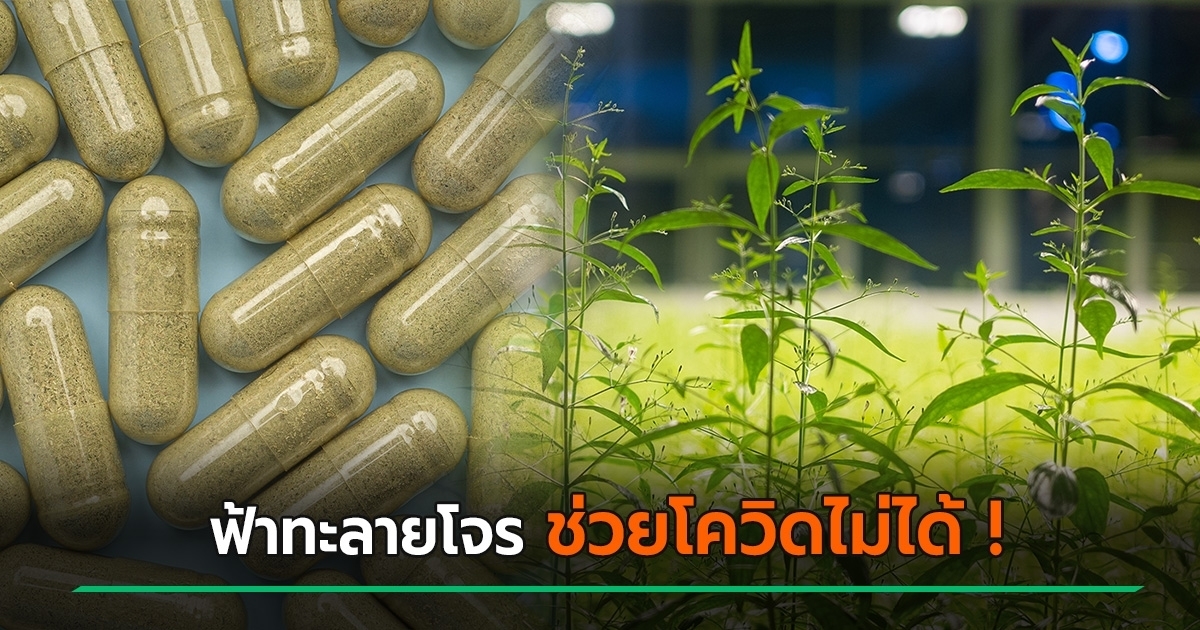Regarding sweeteners, opinions are divided. If some studies show that they cannot cause serious diseases and can be consumed without any concern, others prove the opposite. And the latest recommendations of the World Health Organization say to avoid sweeteners because they would not help to lose weight, if we use them in the long term. What’s more, it could also increase the risk of diabetes or cardiovascular diseases, experts warn. Here we are, therefore, faced with a difficult decision to make, given that opinions differ, even among doctors.
First of all, we must know that sweeteners are substances used to sweeten food or other food products. They are of several types, some natural and others artificially produced in the laboratory. Nutritionist Gianluca Mech explains the truth behind these sweeteners.
Examples of natural sweeteners and benefits
Among the natural sweeteners we mention:
Honey: it is a high-calorie food, but with excellent nutritional qualities;
Stevia: comes from a plant native to South America. It helps to reduce blood pressure and to reduce the level of glucose in the blood, but also the level of insulin after a meal.
Maple syrup: rich in minerals and vitamins. It has fewer calories than many other natural sweeteners and has energizing and purifying properties.
Tagatoza: it is a sweetener extracted from milk, so it has a “natural” source, but in reality it is a “modified” sugar. It is less sweet than sucrose, but has much fewer calories and has no impact on blood sugar. The maximum dose that should not be exceeded is 50 grams per day, to avoid the laxative effect. In fact, tagatose is metabolized by the body as a “fiber” and therefore stimulates intestinal transit.
Side effects of artificial sweeteners
Artificial sweeteners are used because they have very few or no calories, so they help maintain an optimal weight and can be used during weight loss treatments.
In most cases, artificial sweeteners have no nutritional value, nor do they provide energy, but they can have an impact on metabolism and insulin production.
Some artificial sweeteners have absolute or relative contraindications. Their use is not recommended until the age of three and during pregnancy and breastfeeding. The main artificial sweeteners are:
Aspartame: the best known and most widespread among artificial sweeteners, aspartame has a softening power that is 200 times greater than that of sugar. At the maximum recommended daily intake (40 mg/kg body weight), the correlation between aspartame and neoplasia is not demonstrated and does not cause allergic reactions more often than placebo. Aspartame can rarely cause adverse reactions in particularly sensitive people, such as headache, nausea, vomiting and abdominal pain. Aspartame is contraindicated in case of phenylketonuria.
Sucralose: a derivative of sucrose, 600 times sweeter and with zero calories. The dose that must not be exceeded is 5 mg/kg weight.
Careful! Aspartame and sucralose, if taken in large doses or for a long time, can be carcinogenic and can affect sugar metabolism.
Acesulfamul K: it is one of the least harmful, because it is not metabolized by the body and is eliminated through urine. It has a softening power 200 times greater than sugar, and the dose that should not be exceeded is 9 g/kg weight.
Polyols (sugar alcohols): they are the new generation sweeteners, considered the most harmless of all, even beneficial to health, especially for the teeth. They include sorbitol, xylitol, mannitol, isomaltol. Also, in this case, it is better not to exceed the amounts: the maximum daily dose is 50 grams. Xylitol and sorbitol can have laxative effects.
Consuming too many added sugars and refined carbohydrates can increase the risk of developing metabolic syndrome and its complications: obesity, type 2 diabetes, high blood pressure, cardiovascular disease. Therefore, regardless of the health benefits, moderate use of artificial sweeteners is recommended.
2023-07-06 12:52:05
#truth #side #effects #artificial #sweeteners #diseases


